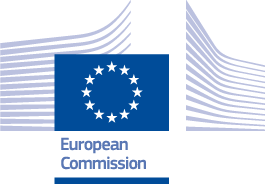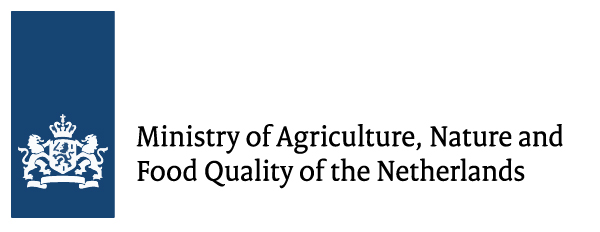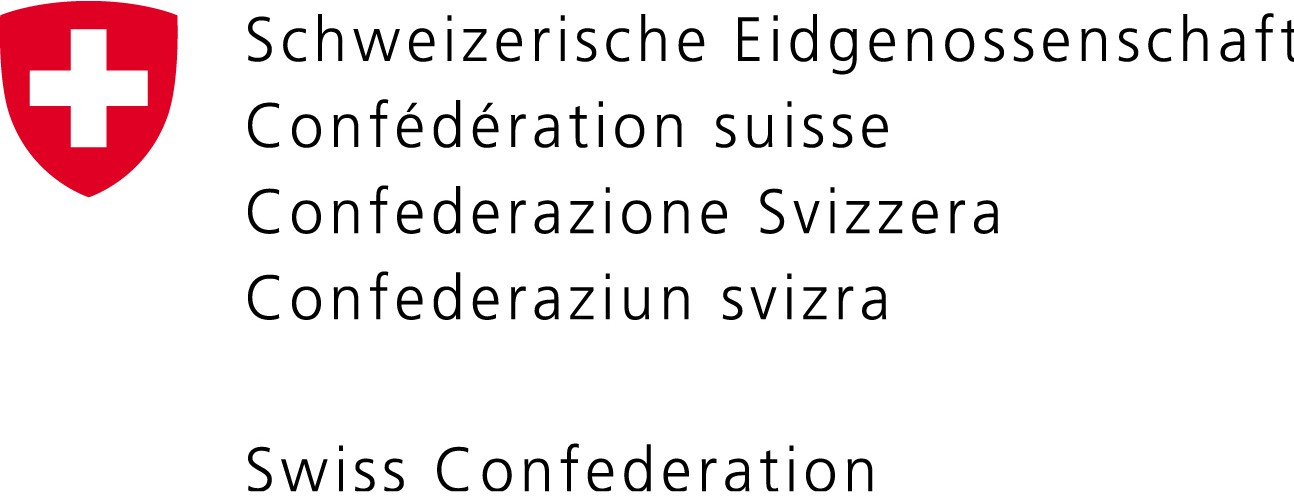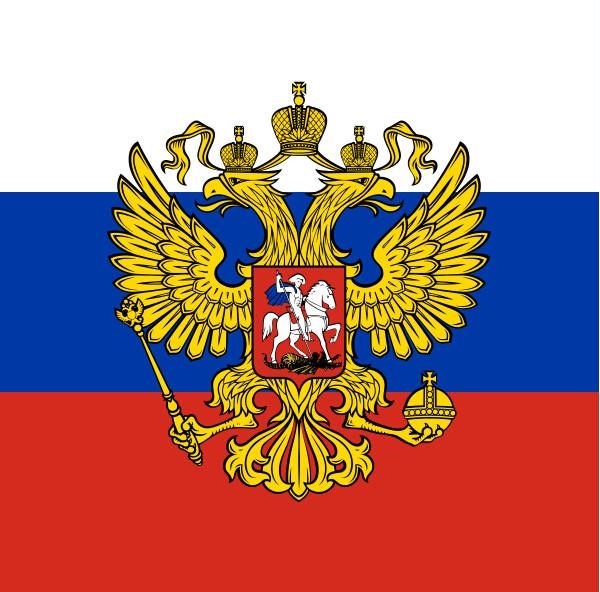Global Symposium on Soils and Water
Soil and water, a source of life
Hybrid Event, 02/10/2023 - 05/10/2023

Global Symposium on Soils and Water
©Adobe stock
Introduction

The Global Symposium on Soils and Water (GSOWA23) will be held in a hybrid format from 02 to 05 October 2023. As 95 percent of our food is produced on land, with soil and water playing crucial roles, understanding the interconnectedness of the resources and the need for integrated management is of utmost importance.
The GSOWA23 is a science policy symposium that aims to review the relationship between soil and water in achieving sustainable and resilient agrifood systems. The specific objectives of the symposium are to:
- identify knowledge gaps and management challenges, and research priorities of soil and water resources in a changing environment;
- share and promote sustainable soil and water management practices in addressing water scarcity and soil degradation challenges;
- discuss tools and frameworks to guide integrated management and governance of soil and water resources; and
- examine communication and partnership strategies for promoting sustainable soil management, solutions to water scarcity and low quality, reuse of water, and reducing soil pollution.
AGENDA | RECORDINGS, PHOTOS AND PRESENTATIONS
Format of the Symposium
The symposium is structured as follows:
- Hybrid format for first and last day (2nd and 5th October 2023 from 10am to 5pm CEST): The opening and closing days of the symposium will adopt a hybrid approach. Participants have the option to attend in person at the FAO headquarters or join virtually through the Zoom platform.
- Online technical sessions for central days (3rd and 4th October from 12pm to 3pm CEST): The central days of the symposium will exclusively occur in an online environment. With technical sessions, discussions, and interactions taking place virtually.
- Integration with "Rome Water Dialogue" - Closing day (October 5): On the closing day of the symposium, October 5, a significant synergy will be achieved through collaboration with the " Rome Water Dialogue." This collaboration will foster technical exchange between participants of both events, creating a space for cross-fertilization and dialogue regarding technical discussions and outcomes from both the symposium and the "Rome Water Dialogue."
Main themes
The symposium will be organized along four themes:
![]() This theme focuses on innovations for increasing the water-holding capacity of soils and improve green water use efficiency. It will also analyze the suitability of using soil organic carbon (SOC) as an indicator for land degradation neutrality and water scarcity, and interactions/trade-offs in soil management practices for water availability and soil recarbonization in rainfed agriculture.
This theme focuses on innovations for increasing the water-holding capacity of soils and improve green water use efficiency. It will also analyze the suitability of using soil organic carbon (SOC) as an indicator for land degradation neutrality and water scarcity, and interactions/trade-offs in soil management practices for water availability and soil recarbonization in rainfed agriculture.
![]() This theme highlights the importance of efficient irrigation systems for preventing soil degradation, circular economy approaches for sustainable water management in fertilization, the value of water quality control to minimize soil salinity in irrigated systems, and the development of innovative irrigation systems for improved nutrient use efficiency.
This theme highlights the importance of efficient irrigation systems for preventing soil degradation, circular economy approaches for sustainable water management in fertilization, the value of water quality control to minimize soil salinity in irrigated systems, and the development of innovative irrigation systems for improved nutrient use efficiency.
![]() This theme explores the link between soil health and water quality within the One Health approach. It examines thresholds associated with the use of contaminated water and soil in agriculture, their impact on soil biodiversity, food quality, and safety and presents technical innovations for real-time monitoring of green water and water quality.
This theme explores the link between soil health and water quality within the One Health approach. It examines thresholds associated with the use of contaminated water and soil in agriculture, their impact on soil biodiversity, food quality, and safety and presents technical innovations for real-time monitoring of green water and water quality.
![]()
This theme focuses on policies and governance actions aimed at improving soil and water resources management, leveraging innovative technologies such as precision agriculture, remote sensing, and big data analytics, and considering gender aspects for effective Integrated soil and water management.
Participation
The symposium will welcome a wide array of participants, including policymakers, food producers, international organizations, scientists and practitioners, NGOs, civil society, land users and Indigenous Peoples, as well as local communities, industry and private sector representatives. Participation in the symposium is free of charge.
Co-organizers

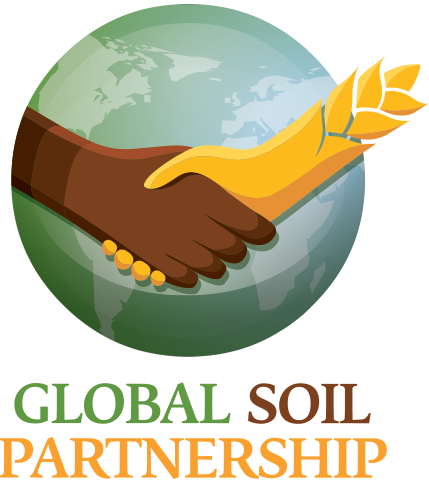
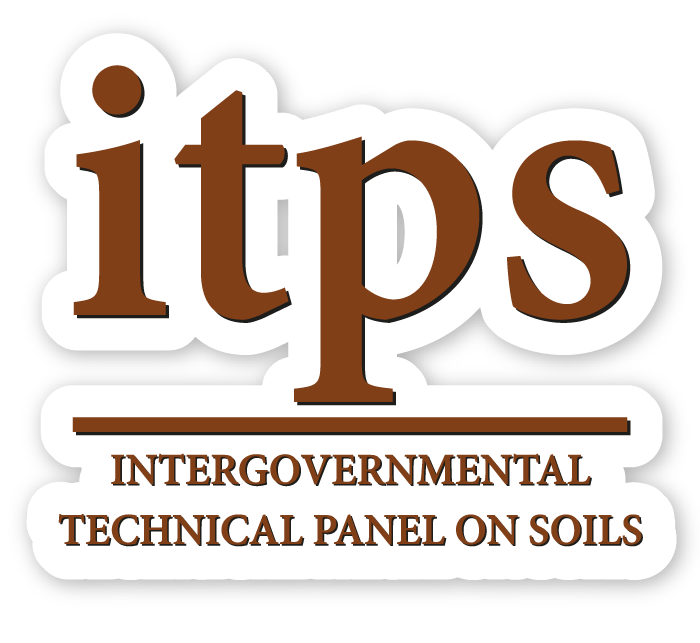
Donors

